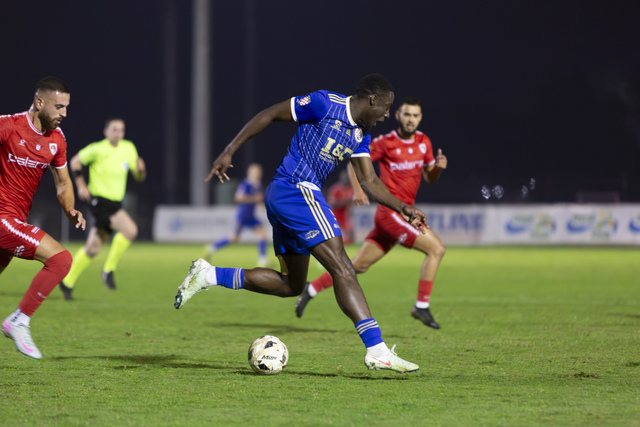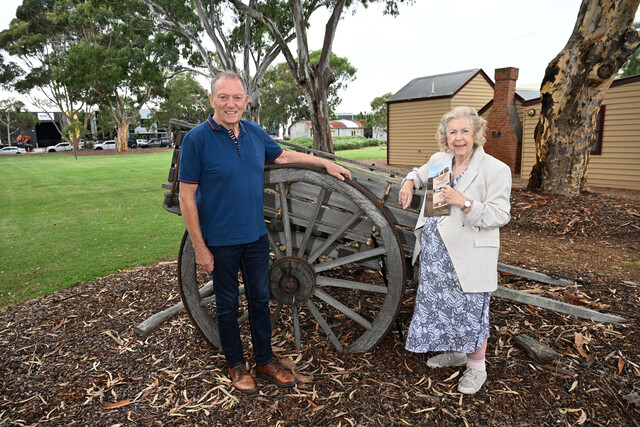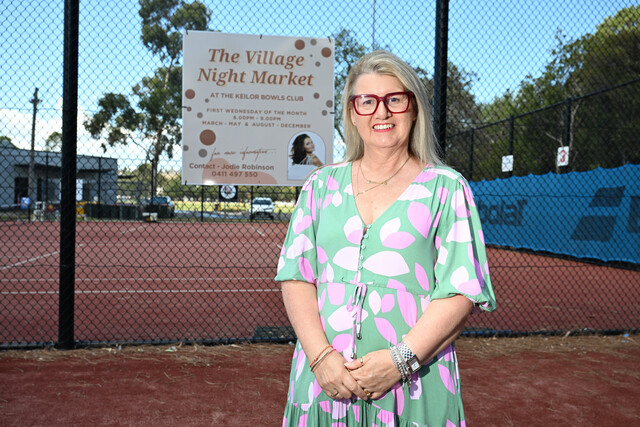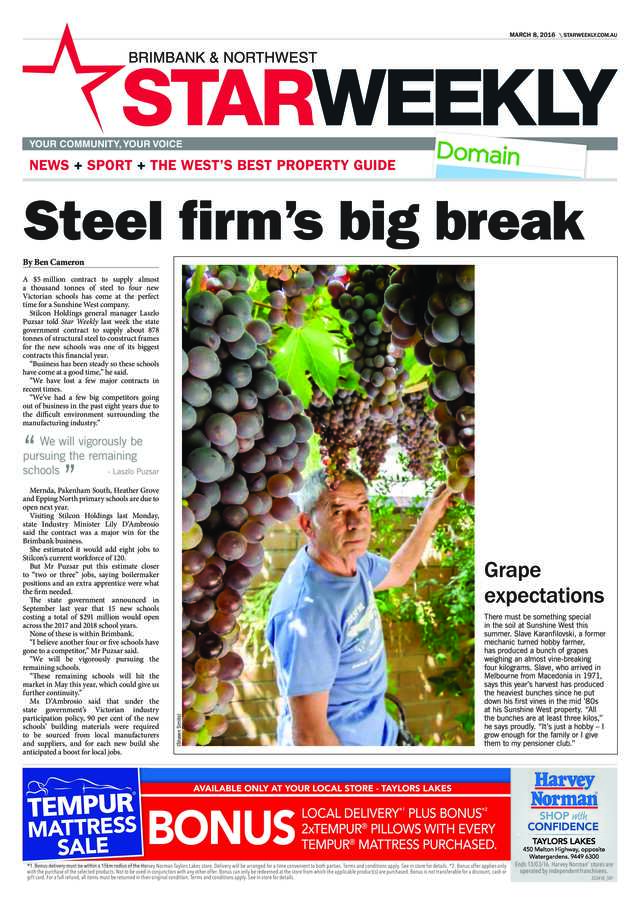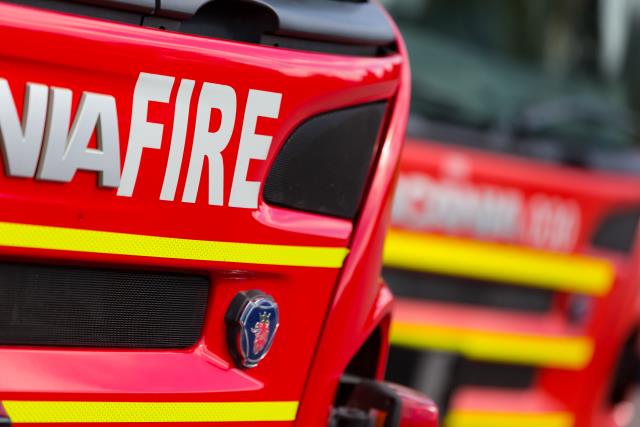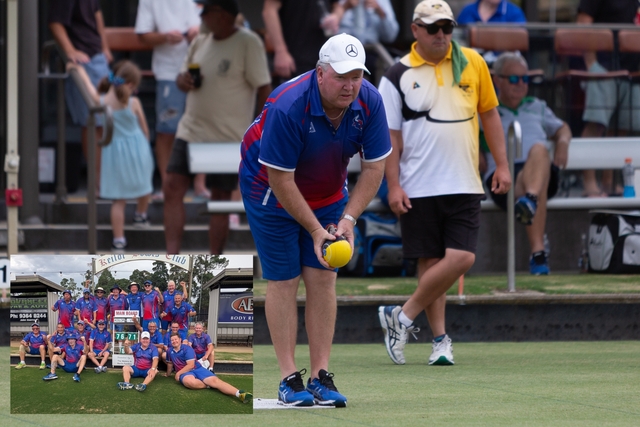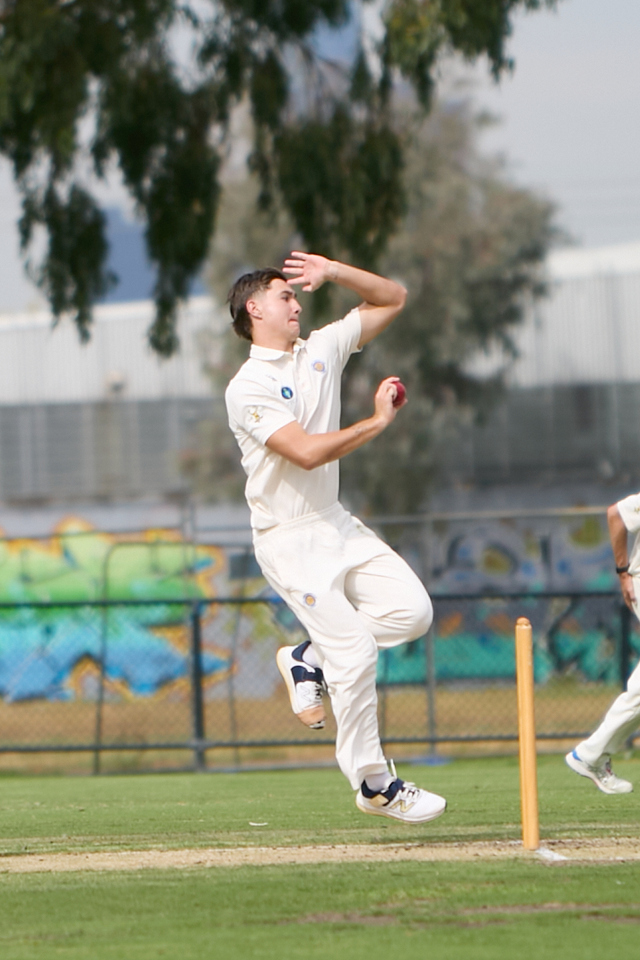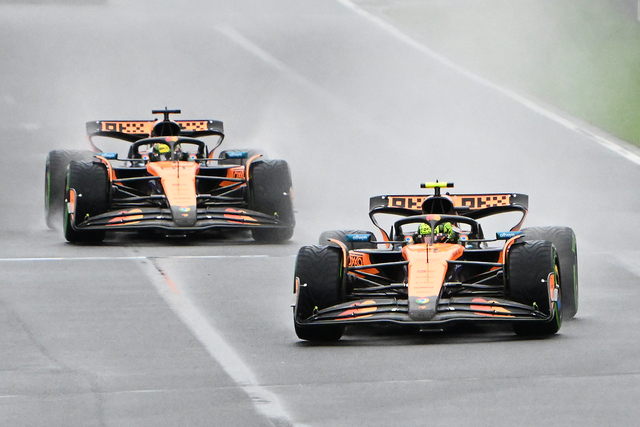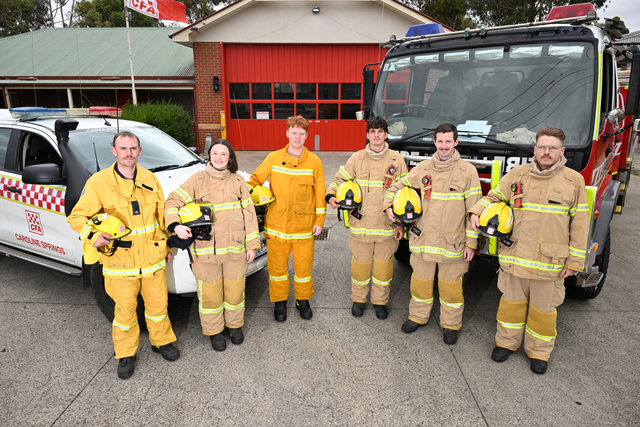The identities of the 34 Essendon players issued with show-cause notices will not be revealed in the Federal Court.
The identities of the 34 Essendon players issued with show-cause notices will not be revealed in the Federal Court after a lawyer representing the group said they would not be joined to proceedings.
David Grace, QC, representing the “current and former” players, told the court on Friday his clients had chosen not to join Essendon Football Club and suspended coach James Hird as applicants in their case against the Australian Sports Anti-Doping Authority.
Hird and the Bombers claim the joint probe run by ASADA and the AFL that investigated the club’s supplements program of 2011-12 was unlawful.
Had the players wanted to join Hird and Essendon as applicants, their identities would have been publicly revealed.
But Mr Grace told the court that step was now no longer necessary, as the players did not want to be joined as applicants.
He said the players were prepared to give an undertaking to the court and to ASADA that they would not initiate legal action in any other form, regardless of the decision reached by the Federal Court following the trial, which is scheduled to start on August 11 and run for three days.
Daniel Starr, representing ASADA, said he had accepted the undertaking the players were prepared to give the court.
Justice John Middleton asked Mr Grace to provide the court with a list of the 34 players he represented, so the identities of the footballers was on “the public record”, but told the court that list would be kept confidential and would not be released to the public.
Mr Grace also asked that the list not be passed to the lawyers representing Hird and Essendon, as those parties did not know the identities of the players issued with show-cause notices.
He also asked for measures to be taken to ensure the list was not released “to interested third parties including the fourth estate”.
Justice Middleton assured Mr Grace the list would remain confidential.
Lawyers for Hird and Essendon said they did not need to know the identities of the players.
The court was told all parties would do what they could to ensure the players were not named during the trial, although Justice Middleton could not guarantee that would not happen while evidence was given.

